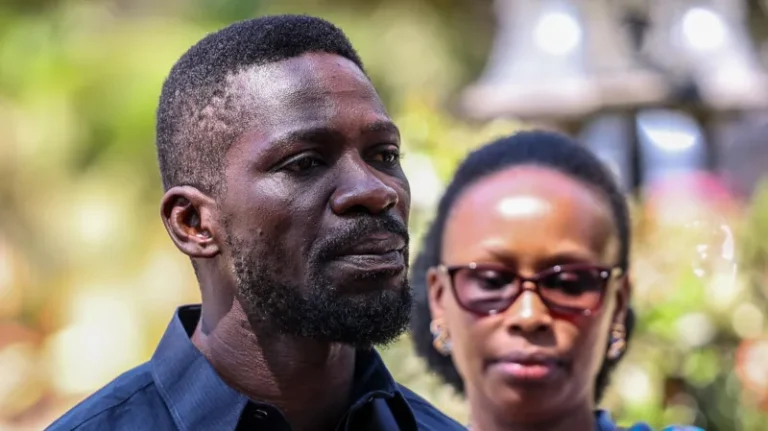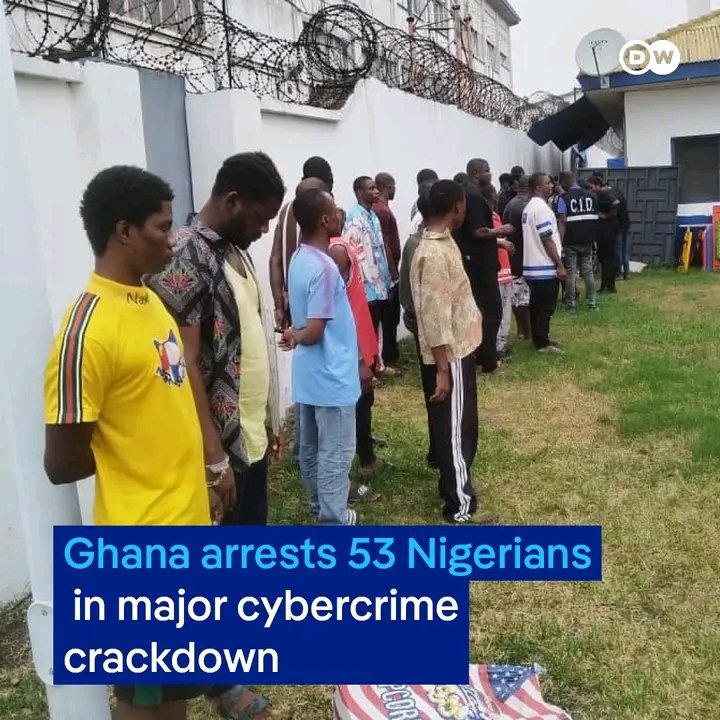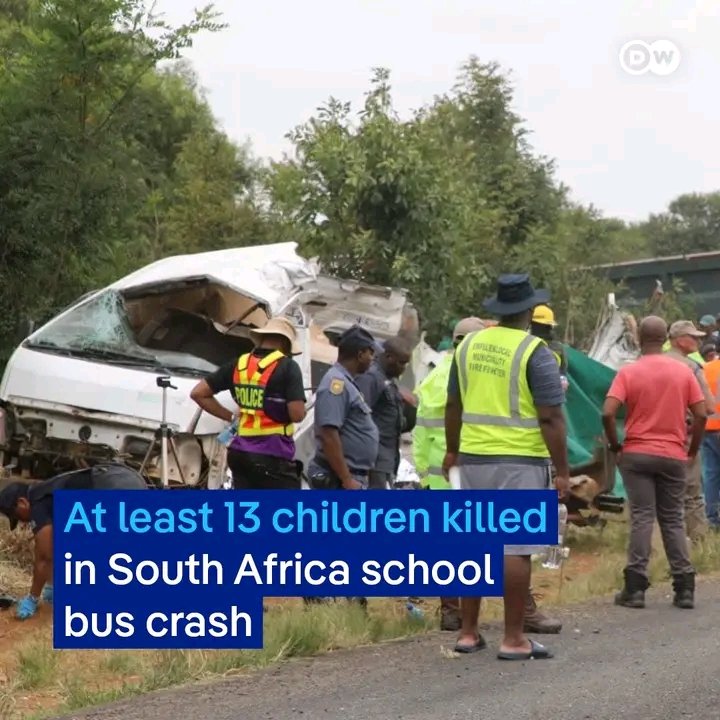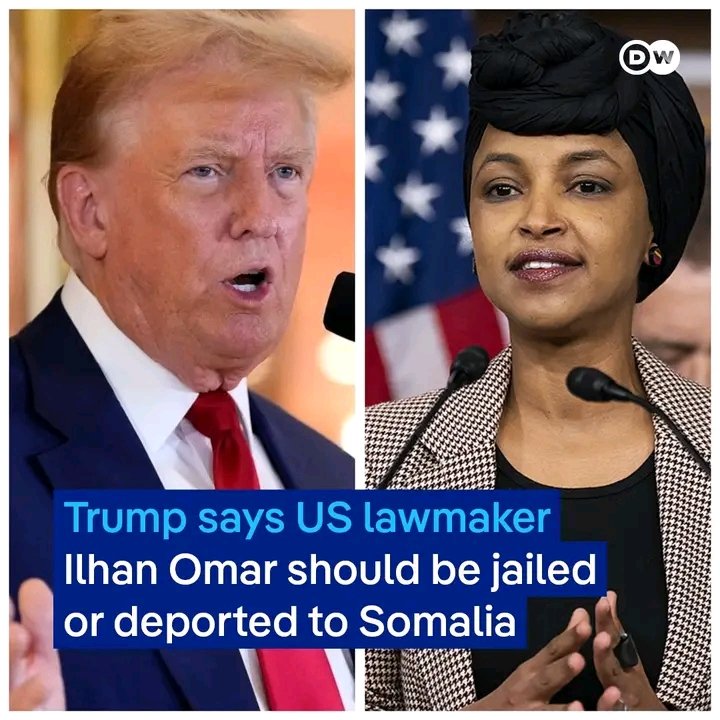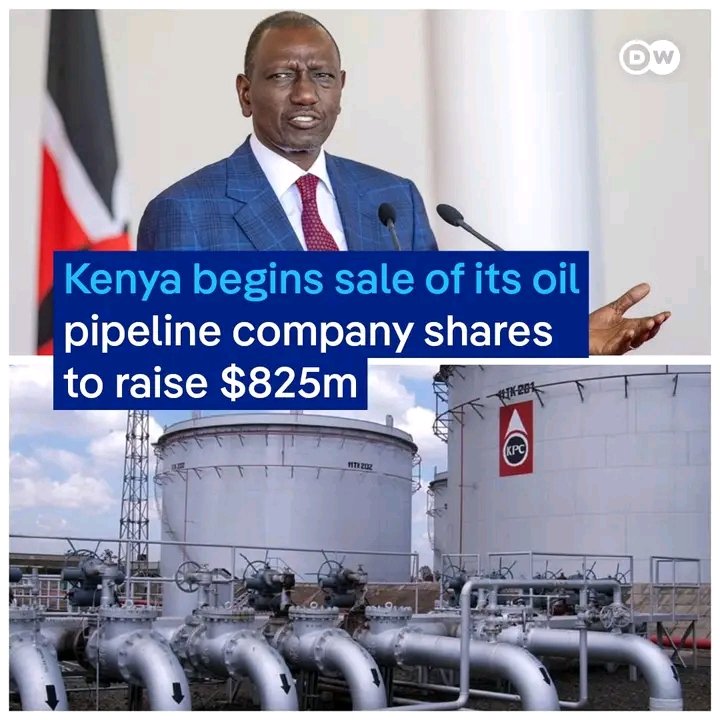
In a development that shocks yet scarcely surprises observers of Ugandan politics, Sam Mugumya—the fiercely dedicated opposition activist who endured nearly a decade of imprisonment in the Democratic Republic of Congo under controversial circumstances—has reportedly been arrested again. This latest incident raises painful questions about whether Uganda will ever truly feel like home to those who dare challenge the established political order. Mugumya’s journey from political aide to persecuted dissident to potential parliamentary candidate represents a microcosm of the struggles facing opposition voices in Uganda, where the line between activism and treason often appears deliberately blurred by those in power .
1 Historical Context: The DRC Incarceration
1.1 Years Without Trial
Sam Mugumya’s recent alleged arrest cannot be understood without examining his brutal past. Between 2014 and 2022, Mugumya languished in Ndolo Military Prison in the Democratic Republic of Congo—a facility described by those familiar with it as one of “the worst military prisons in the World.” His crime? According to Ugandan and Congolese authorities, he had entered the DRC illegally with intentions to plot rebellion against the Ugandan government. During his eight-year detention, Mugumya was never formally charged nor brought to trial, despite repeated attempts by his colleagues and international observers to secure his release .
1.2 Questionable Allegations
The official narrative from former Ugandan army spokesperson Paddy Ankunda claimed Mugumya had been arrested “in the company of four others with huge sums of dollars and documents linking them to a rebel outfit in the eastern DRC.” The stated intention of this alleged group was nothing less than overthrowing the National Resistance Movement (NRM) regime in Kampala. However, Mugumya and his supporters maintained these allegations were fabricated—a pretext to remove a persistent thorn in the government’s side through proxy imprisonment in a neighboring country .
2 Mugumya’s Political Profile
2.1 Early Activism
To understand Mugumya’s significance in Ugandan opposition politics, one must trace his journey from student activist to trusted lieutenant of opposition icon Dr. Kizza Besigye. Mugumya began his political activism while studying political science at Makerere University in the early 2000s. He quickly rose through the ranks of the Reform Agenda (which would become the Forum for Democratic Change or FDC), eventually becoming Secretary General of the FDC Youth League .
2.2 Besigye’s Right Hand
Mugumya’s dedication to Besigye became legendary in opposition circles. He served as Besigye’s personal assistant and aide, managing his correspondences, itinerary, and daily needs. During the intense “Walk to Work” protests of 2011, Mugumya was frequently seen physically shielding Besigye from police and security forces. His commitment to the opposition leader was total; he described himself as “easy-going, fun-loving, but a hardened crusader for justice and freedom,” counting Besigye and Cuban revolutionary Che Guevara as his greatest idols .
3 The Current Situation: Another Arrest?
3.1 Reports of Re-arrest
While details remain scarce about the most recent alleged arrest, the pattern aligns perfectly with Mugumya’s historical treatment by Ugandan authorities. Since beginning his activism in the early 2000s, Mugumya has been arrested approximately 60 times—an astonishing number that illustrates the perpetual state of vulnerability faced by opposition activists in Uganda. Each arrest typically follows a similar pattern: detention on questionable charges, periods of isolation, and eventual release without formal conviction .
3.2 Government Response
Historically, the government response to inquiries about Mugumya’s detentions has been consistent in its ambiguity. Officials typically cite national security concerns and vague allegations of subversive activities. When Mugumya was imprisoned in the DRC, former Foreign Affairs Minister Sam Kutesa stated that the Congolese government claimed Mugumya had entered the country to plot rebellion against Uganda. The Ugandan government’s request for extradition was reportedly denied by DRC authorities, who cited the lack of an extradition treaty between the two nations .
4 Psychological Impact: Will Uganda Ever Feel Like Home?
4.1 Personal Trauma
The psychological toll on Mugumya after years of persecution is difficult to overstate. In 2017, during his DRC imprisonment, he wrote a desperate letter to the Congolese Justice Minister asking to be killed so he could “forever be free.” This cry of despair from a man known for his remarkable resilience illustrates the devastating impact of prolonged detention without trial. Despite his release in 2022, the trauma of those eight years undoubtedly lingers, affecting his sense of security and belonging in his own country .
4.2 Family Concerns
Those close to Mugumya have expressed deep concern about his ability to lead anything resembling a normal life in Uganda. Activist Moses Byamugisha, a native of Mugumya’s home district of Rukungiri, highlighted that Mugumya has a “sickly mother to take care of”—a familial responsibility that becomes impossible to fulfill when constantly facing detention. The choice between continuing his activism or attending to his family’s needs creates an impossible dilemma that further alienates Mugumya from feeling at home in his own nation .
Table: Sam Mugumya’s Documented Arrests and Detentions
Year Duration Location Official Reason Outcome
2002 Short-term Bombo Army Barracks Delivering Christmas cards Released without charge
2010 2 months Luzira Prison Planning to commit crime Acquitted by court
2014-2022 8 years Ndolo Military Prison, DRC Illegal entry, rebellion Released without trial
5 Political Implications
5.1 Electoral Ambitions
Prior to this recent arrest, Mugumya had been positioning himself for a parliamentary run in Rukungiri Municipality under the banner of the nascent People’s Front for Freedom (PFF). His candidacy had received enthusiastic endorsement from prominent opposition figures, including Winnie Byanyima, the wife of Dr. Kizza Besigye, who declared: “He is tested. He is a fearless defender of human rights and champion of justice and democracy. Sam will be an effective representative” .
5.2 Opposition Dynamics
Mugumya’s political reemergence had already created complexities within opposition circles. He would have faced off against not only NRM historical Gen Henry Tumukunde but also fellow PFF members Ingrid Turinawe and Roland Mugume Kaginda in party primaries. His return promised to reinvigorate the opposition landscape, particularly among youth who view his unwavering commitment as inspirational despite the personal costs .
6 International Perspective
6.1 Diplomatic Dimensions
Mugumya’s case has always transcended Uganda’s borders, involving complex international diplomacy. According to some reports, his release from DRC imprisonment came with an understanding that he would be resettled in Belgium rather than returned to Uganda—a suggestion that Ugandan authorities feared his return would “breathe new life in the movement to defeat Museveni.” This proposed resettlement was reportedly to be handled under the auspices of the United Nations High Commission for Refugees (UNHCR), though it remains unclear whether this plan remains in effect .
6.2 Regional Human Rights Concerns
Mugumya’s protracted detention without trial in the DRC prompted formal attempts to block the country’s admission to the East African Community. Human rights lawyer Adam Kyomuhendo sought a declaration from the East African Court of Justice to prevent DRC’s admission due to its violation of Ugandans’ rights, specifically citing Mugumya’s case as evidence. This legal maneuver, while ultimately unsuccessful, highlighted how individual cases of persecution can affect broader regional relationships and integrations .
7 The Road Ahead: More Uncertainty
7.1 Mugumya’s Resilience
Despite the perpetual persecution, those who know Mugumya describe him as unbowed. After his release from DRC imprisonment, he launched a YouTube channel in January 2023, using the platform to share his prison experiences and analyze current affairs with “surgical precision.” His message remains calm and clear: he seeks to educate the masses, calling them to unite against the “despotic ruling regime.” This transition to digital activism demonstrates his adaptability and unwavering commitment to political change, even when physical activism carries extreme risks .
7.2 Uganda’s Political Landscape
The relentless targeting of opposition figures like Mugumya raises profound questions about Uganda’s democratic future. As opposition parliamentarian Ibrahim Ssemujju Nganda noted, “It is difficult to have aggressive politics in Uganda at the moment because the price to pay is too high, including dying and leaving your family.” This environment of calculated intimidation creates a chilling effect on democratic participation and political dissent, fundamentally altering the nature of opposition politics in the country .
Table: Comparison of Alleged Charges Against Mugumya Over Time
Year Charges Evidence Presented Case Outcome
2002 Unknown Delivering Christmas cards Released without charge
2010 Planning crime, inciting violence, terrorism Unknown Acquitted by court
2014 Illegal entry, plotting rebellion “Large sums of dollars and documents” Never formally charged
2022 Unknown Unknown Pending
Conclusion: The Meaning of Home
For Sam Mugumya and many other opposition activists in Uganda, the concept of “home” has become fraught with contradiction. Home is where his family resides, where his political roots run deep, and where he theoretically should enjoy the rights and protections of citizenship. Yet in practice, home is also where he faces constant persecution, indefinite detention, and the perpetual threat of violence for his political beliefs.
The repeated arrests of Mugumya represent more than just the targeting of an individual activist—they symbolize the systematic suppression of dissent that has come to characterize Uganda’s political landscape. Until opposition voices can engage in political discourse without fear of arbitrary detention and imprisonment on dubious charges, Uganda will never truly feel like home for those who dare to imagine a different future for the nation.
As Mugumya himself once warned, “People cry change but somehow are still within their comfort zones.” His unwavering commitment to political change, despite the extreme personal costs, continues to challenge both the Ugandan government and his fellow citizens to confront the difficult question of what price they are willing to pay for democracy .



